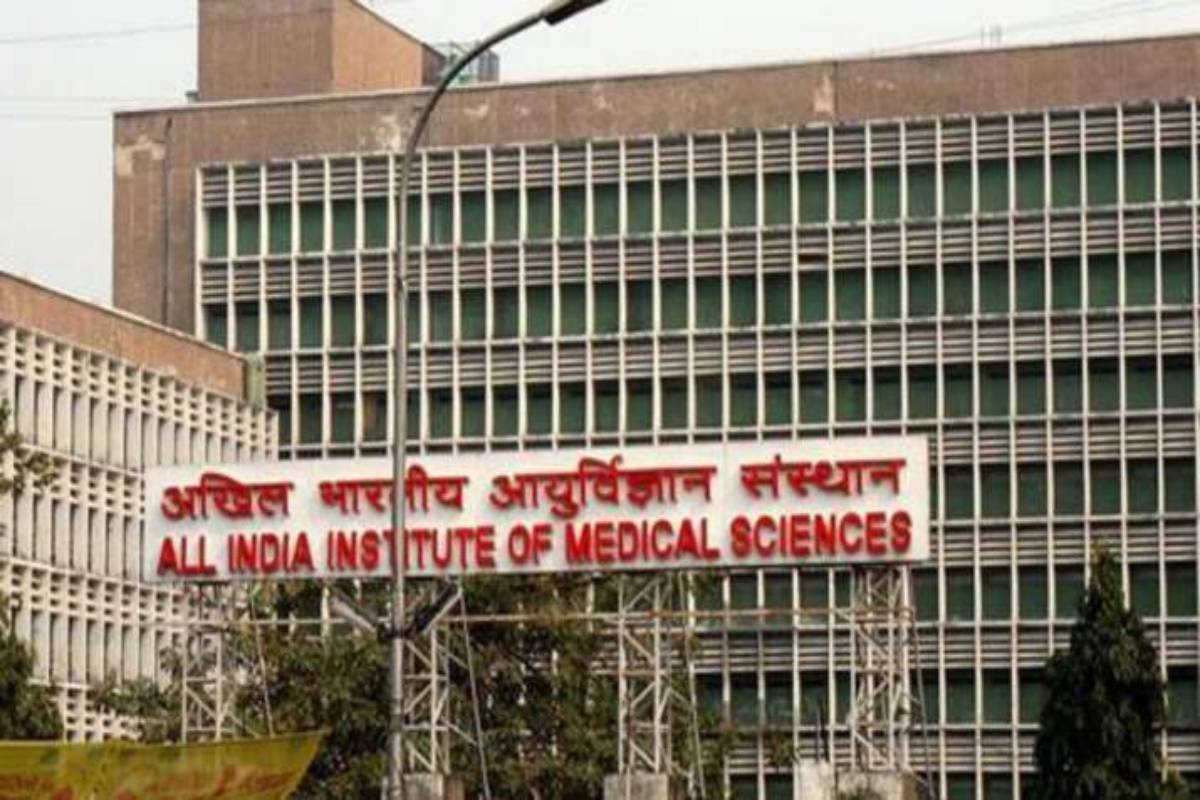Our policy allows one attendant with one patient: AIIMS Delhi
The All India Institute of Medical Sciences (AIIMS), Delhi on Friday categorically said it allows only one attendant with one patient as a policy.
The MoU was signed on the sidelines of the curtain raiser of CSIR’s ‘One Week One Theme’ (OWOT) programme held at India Habitat Centre, here on Monday.

AIIMS Delhi(File Photo)
The Council of Scientific and Industrial Research-National Institute for Interdisciplinary Science and Technology (CSIR-NIIST), Thiruvananthapuram, inked a memorandum of understanding (MoU) with All India Institute of Medical Sciences (AIIMS), New Delhi for validating the technology that offers a sustainable and energy-efficient alternative to current practices in disposing of pathogenic biomedical waste.
The MoU was signed on the sidelines of the curtain raiser of CSIR’s ‘One Week One Theme’ (OWOT) programme held at India Habitat Centre, here on Monday
Advertisement
Director of CSIR-NIIST Dr C Anandharamakrishnan and AIIMS Delhi Director Dr M Srinivas exchanged the MoU in the presence of Union Minister of State for Science and Technology Jitendra Singh, a statement said.
Advertisement
The CSIR-NIIST has developed a dual disinfection-solidification system that can spontaneously disinfect and immobilise degradable pathogenic biomedical waste such as blood, urine, saliva, sputum, and laboratory disposables, besides imparting a pleasant natural fragrance to otherwise foul-smelling biomedical waste, it said.
The Institute, which is a constituent laboratory under the CSIR of the Union Ministry of Science and Technology, has developed the technology at its laboratory at Pappanamcode in Thiruvananthapuram, the statement said.
The technology has the potential for far-reaching consequences in the global biomedical arena, as it can address the limitations of conventional technologies, including energy-intense incineration. “It will be validated via a pilot-scale installation and accompanying R&D at the AIIMS. The two institutions will have a technical meeting for finalising the specifications prior to initiation of the proposed study,” it said.
The technology has also been confirmed by expert third parties for its antimicrobial action and the non-toxic nature of the treated material. Soil studies have confirmed that the treated biomedical waste is superior to organic fertilisers like vermicompost, it added.
Advertisement